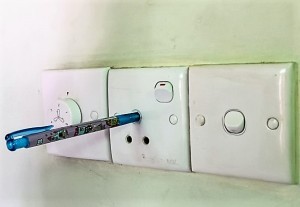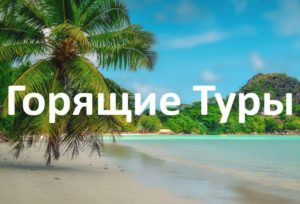Sri Lanka is a trilingual country. The country officially recognized 3 languages: Sinhala, Tamil and English. The main language, Sinhala, are spoken by about 75 per cent of the population; Tamil is spoken by about 25 per cent (including not only the Tamils themselves but also many Muslims on the island). English is widely spoken, especially by the urban population, and is the first language of most Sri Lankan Burghers. Many people speak it more or less fluently, and even Sinhala speakers (especially in Colombo) often use English in conversation alongside their mother tongue, changing the language to suit their mood. English sometimes serves as a connecting language between the island’s communities, as relatively few Northern Tamils speak Sinhalese and even fewer Sinhalese speak Tamil.
Language was a serious issue in Sri Lanka, with the adoption of the official language by law in 1956 as Sinhala only, which had drastically reduced the status of the Tamil population and had been one of the most significant causes of the ensuing civil war. Although the status of Tamil as an official language was restored in 1988, the topic is still politically charged. All official signs, banknotes, documents, publications and the like are printed in all three official languages, and many businesses and shops try to follow these rules, except in the North, where Sinhala is rarely heard.
Sinhalese
Sinhala is an Indo-Aryan language associated with other Northern Indian languages such as Hindi and Bengali, as well as Sanskrit, the classical ancient language of the Indian subcontinent and Pali, the sacred language of Buddhism. The language was first brought to Sri Lanka original Sinhala settlers from Northern India around the fifth century BC, and since then it has evolved in complete geographic isolation from other North Indian Indo-Aryan languages, being heavily influenced by Tamil and also getting numerous words from Dutch, Portuguese, Malay and English languages. Sinhala is spoken only in Sri Lanka; its closest relative is Dhivehi, which is spoken in the Maldives.
Sinhala pronunciation is relatively simple: most Sinhala words, despite their sometimes enormous length, are usually constructed from chains of simple vowel sounds, usually vowels plus consonants, as, for example, in the word “please” – is “Karuna Karala”. There are a few inconvenient consonant clusters, but this is quite rare.
The written Sinhala language uses a beautifully elegant and very distinctive system of 47 rounded symbols. Most symbols represent a consonant plus a vowel sound, which is indicated by a subtle addition to the main character. There are few printed materials in Sinhala.
Tamil
Tamil is one of the most important languages of the various Dravidian languages of South India and is spoken by nearly sixty million people in the southern Indian state of Tamil Nadu, as well as Tamils in Sri Lanka, Singapore, Malaysia and elsewhere in the world. In Sri Lanka, the language developed in isolation from Tamil spoken in South India, acquiring its own accent and vocabulary. The difference between Indian and Sri Lankan Tamil is about the same as between British and North American English.
Tamil has a long and distinguished history, and the literary tradition dates back to the third century BC and surpasses other Indian languages. As is known, Tamil is a difficult language to master, thanks to its complex grammar, extended alphabet and a set of distinctive sounds (the so-called “reflective consonants” common to all Dravidian languages that are spoken with the language twisted against the back of the teeth), making the language virtually impossible to transliterate into Roman writing.
Sri Lankan English
As with Indian English, the version of the language spoken in Sri Lanka is sometimes referred to as “ Sringlish ” (not to be confused with ” Singlish ” or Singapore English), not without its own charming features of grammar, spelling and punctuation, as well as a few colorful local expressions. For example, “bake house“ is of course a bakery; it is not immediately possible to understand that ”cool spot“ is a small cafe, and ”colour house” is a paint shop. Also remember that “taxis” is often just everyday tuk-tuks, while the expression “hotel” is often used as a cheap food restaurant, not a place to stay. And if someone in your (real) hotel starts mentioning “backside”, don’t worry – they mean the back of the building, not part of your anatomy. You may also come across classic old Sri Lankan idioms such as “men” (which can be used to refer to any listener, male and female); as well as the monosyllabic question “Is it?” meaning something like ‘Sorry, I don’t quite understand”; or Sri Lankan question “What to do? – this is a kind of verbal shrugging, which can mean almost anything from “What do we do?” in a completely hopeless situation before, ‘ Let’s have another beer.’
Most Sri Lankans speak English-who tries and who speaks quite professionally.The colonial period under England affected the knowledge of the language of the locals in more than one generation. As in any other country, your efforts to speak the native language of the island (Sinhala or Tamil) are always warmly welcomed.
Check cheap air tickets to Sri Lanka
[tp_search_shortcodes]
One of parameters (id, slug) is required
Can’t find search form model by id “598e3014”











